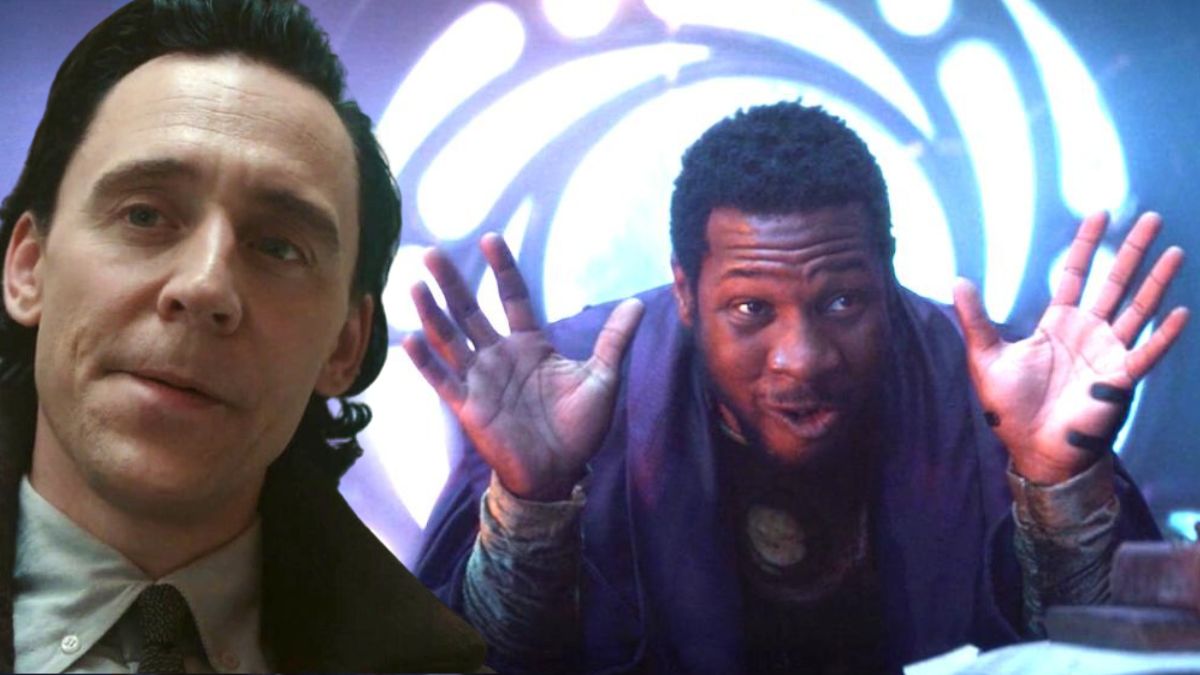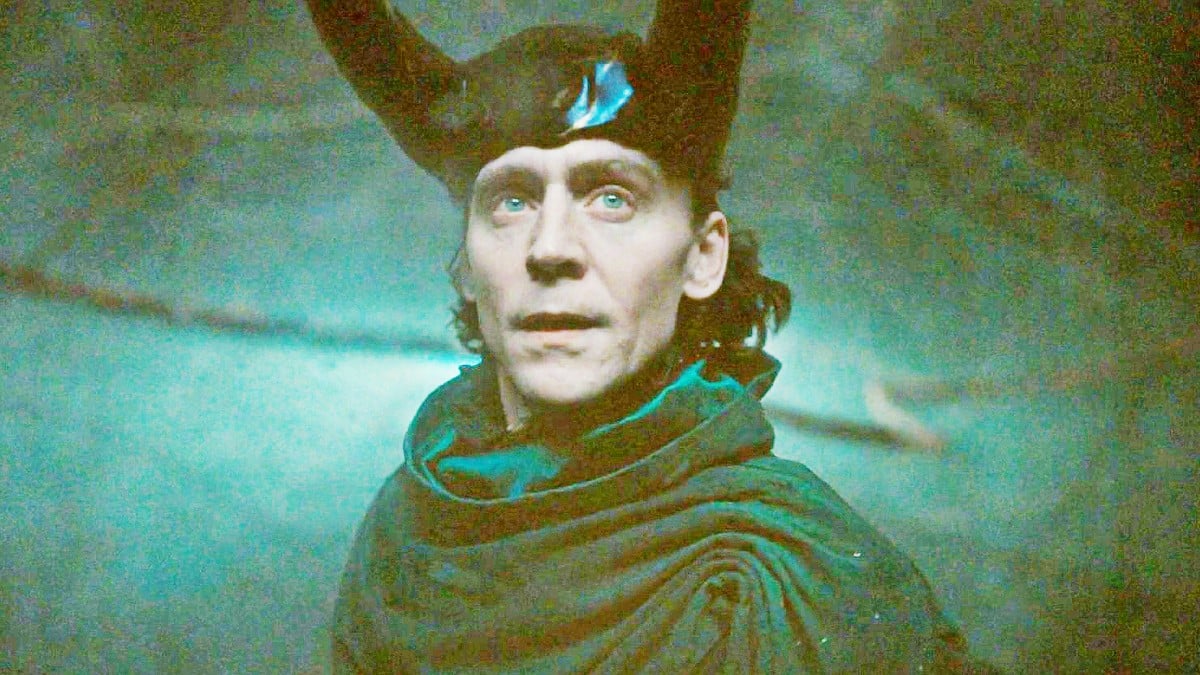Loki‘s season 2 finale provided just the MCU-shaking, emotionally resonant Marvel moment the franchise needed. Squeezed between the critical lows of Secret Invasion and the financial lows of The Marvels, the show’s sophomore run needed to end with a wallop. And it did.
As we all know by now, Loki went from the God of Mischief to the God of Time in the season (probably series) finale, echoing Norse mythology by destroying the dysfunctional Temporal Loom and creating a World Tree with himself trapped inside, thereby essentially becoming God. He had saved his friends, all of reality, and he was kinda all-powerful, but now Loki is eternally lonely.
It’s a beautiful and bittersweet conclusion to the phenomenally popular character’s MCU arc, and given how it harks all the way back to his original comics appearance, it seems meant to be. But Marvel has now admitted that Loki season 2 almost ended very differently. And, I think we can all agree, a lot worse.
Loki season 2’s ending nearly gave us the twist we expected, but not the one we needed

In The Making of Loki Season 2, the latest installment of documentary series Marvel Studios Assembled to stream on Disney Plus, directors Justin Benson and Aaron Moorhead spilled on why the ending originally wasn’t working for them.
“There was a draft of the script, of the very end, and something wasn’t sitting right with both of us about it,” Moorhead explained. “And the issue was this draft didn’t have Loki destroying the Loom. He saved the Loom from imploding and then ascended the throne. And we all knew something was up, we just didn’t know what. Because it was like ‘Well, he’s trying to save the Loom, he gets the throne, all of this…'”
Initially, then, it sounds like the plan was for Loki to simply fulfill what He Who Remains had teased in the season 1 finale, that Loki would have to take over from him. However, Moorhead elaborated that Loki’s character arc got so much deeper and more interesting when they realized he needed to make a bold “sacrifice” instead.
“But the problem was that he didn’t have the sacrifice,” he continued. “And we realized, why doesn’t he destroy the Loom and then have to take over the Loom’s massive responsibility. He doesn’t get anything out of it. It seems so obvious now, it seems exactly the right choice, but that was a watershed moment in the development of it.”
That makes two-for-two now in Loki seasons having epic endings that almost turned out much weaker — don’t forget, He Who Remains was originally another Loki variant and not a Kang. Even though it’s potentially written out the acclaimed Asgardian for good, then, for the character and for the Multiverse Saga as a whole, Loki‘s eventual ending was definitely the right choice.

